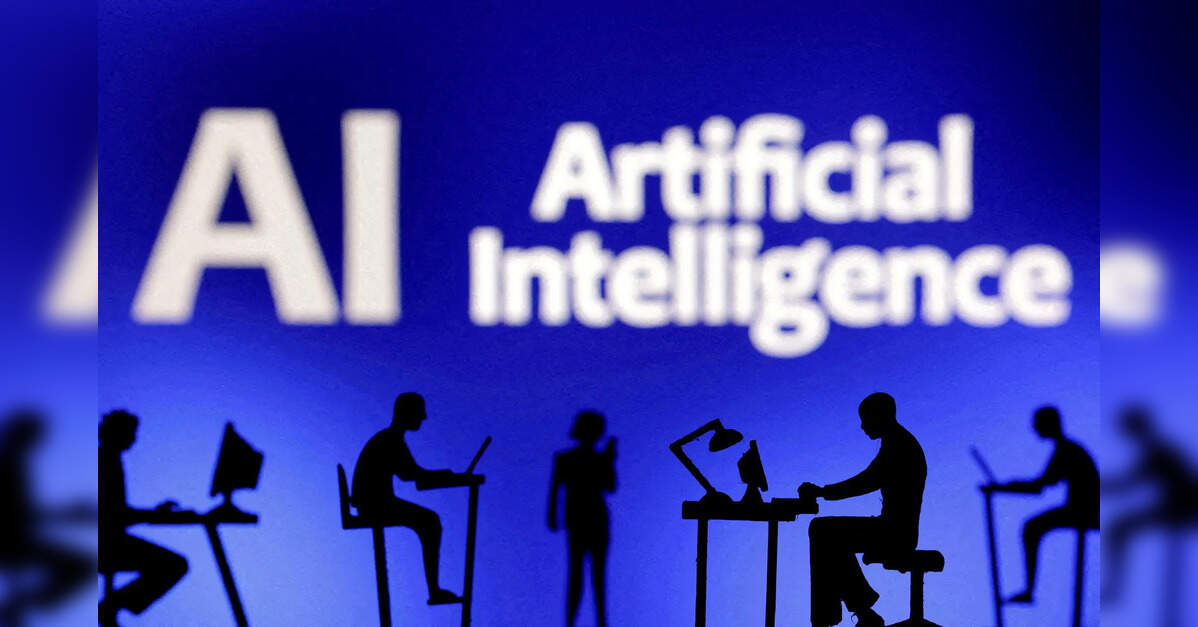Key Takeaways
- AI is transforming India’s infrastructure sector, enhancing efficiency and sustainability.
- Applications of AI span the entire infrastructure lifecycle, from planning to operation and maintenance.
- The rise of AI necessitates a reevaluation of energy sources to support its growth sustainably.
AI’s Transformative Role in India’s Infrastructure
Artificial Intelligence (AI) is rapidly becoming a pivotal force in India’s infrastructure sector, enhancing efficiency and promoting sustainability. Industry leaders assert that AI’s capabilities in data-driven decision-making are revolutionizing the way critical infrastructure assets are constructed and managed. YR Nagaraja, Managing Director of Ramky Infrastructure, emphasized that “AI fosters resilience, economic benefits, and stronger environmental stewardship in infrastructure.”
AI is integrated throughout the infrastructure lifecycle.
Planning and Design: AI’s predictive analytics capabilities enable precise demand forecasting, ensuring that infrastructure projects meet future needs. Generative design enhances optimization for efficiency and cost-effectiveness.
Construction: During construction, AI aids in deploying autonomous equipment, improving project management, and elevating quality control, which contributes to expedited project delivery and enhanced reliability.
Operation and Maintenance (O&M): AI’s impact in this phase is particularly significant. Predictive maintenance through AI analyzes sensor data to forecast equipment failures, thereby minimizing downtime and extending asset longevity. It supports structural health monitoring and optimizes traffic and energy management systems, enhancing overall efficiency and safety.
Kapil Mahajan, Global Chief Information & Technology Officer at Allcargo Logistics, noted the potential of AI when combined with automation and IoT platforms: “The convergence perfectly complements infrastructure development initiatives like PM Gati Shakti, paving the way for a resilient and sustainable logistics network.”
Sustainability at the Core: As global focus expands towards sustainability, businesses are embedding AI within their core strategies. In sustainable industrial parks, AI plays a vital role in developing closed-loop systems. It enhances water management through efficient wastewater reuse and accurate leak detection, significantly reducing consumption. Nagaraja highlighted AI’s role in wastewater treatment, stating that it enables real-time monitoring and predictive maintenance, which both minimizes downtime and improves energy efficiency.
In energy management, AI fuels smart grids that integrate renewable energy sources and improve consumption efficiency. It also aids in waste management through automated sorting processes, transforming waste into valuable resources.
Energy Considerations: However, the increased reliance on AI raises important energy consumption concerns. A recent World Economic Forum report emphasized that the evolution towards AI and autonomy necessitates substantial energy resources. The report urges a reassessment of the global energy mix, advocating for a shift from fragile fossil-based systems to robust, low-carbon solutions that can grow alongside digital infrastructure.
Though the adoption of AI is essential for advancing various sectors, it is crucial for India to ensure that such growth does not overload its already strained power systems. Instead, the priority should be aligning infrastructure development with clean energy objectives to foster a sustainable future.
The content above is a summary. For more details, see the source article.















